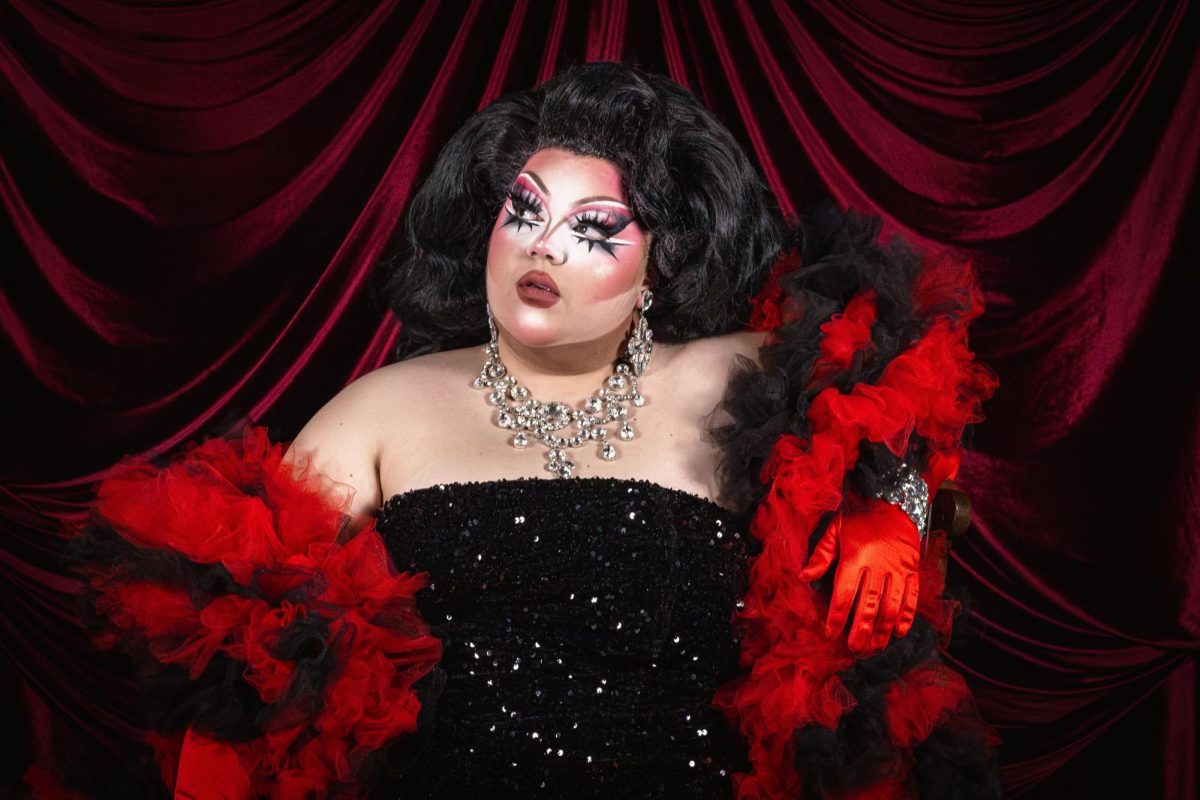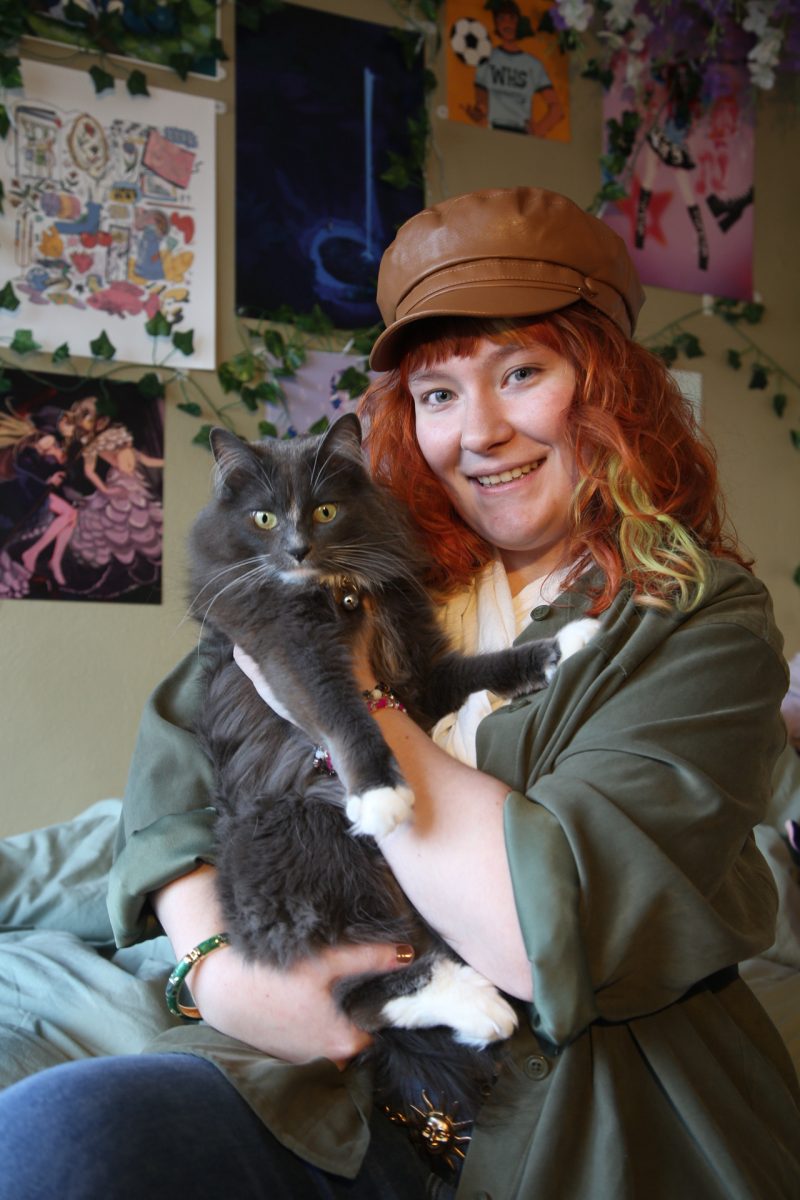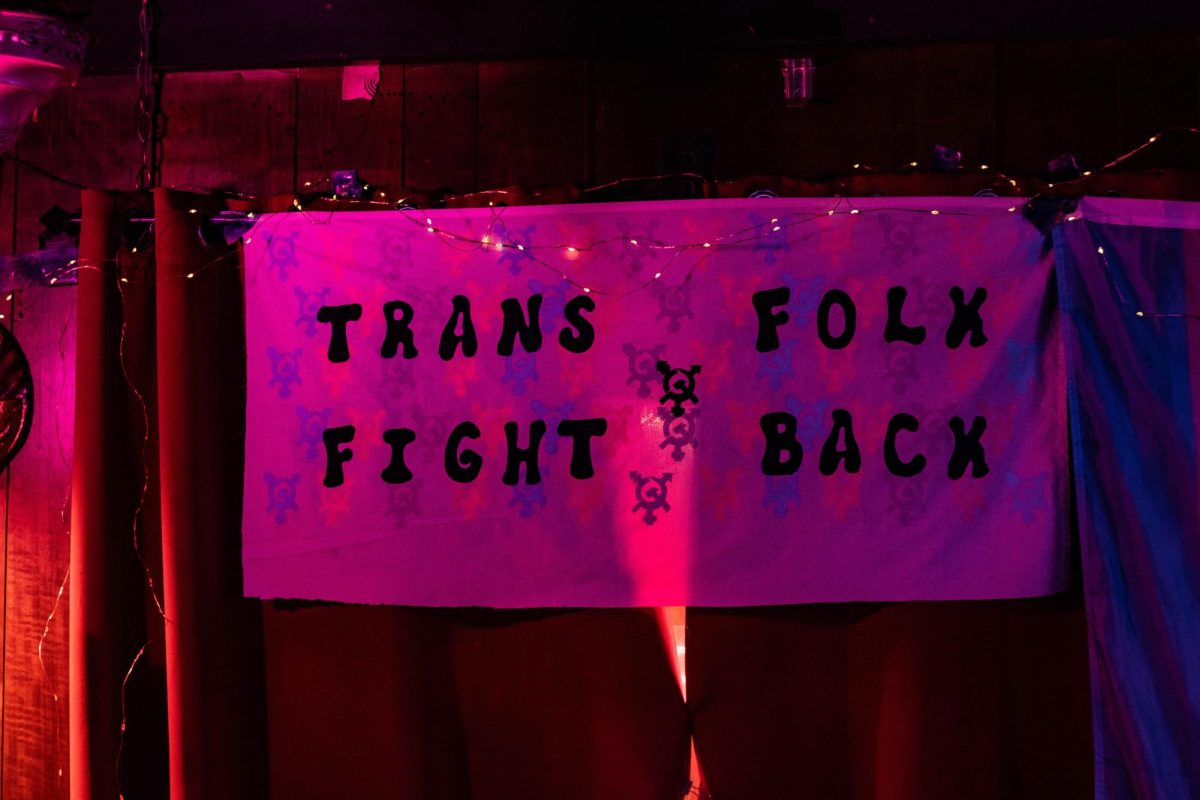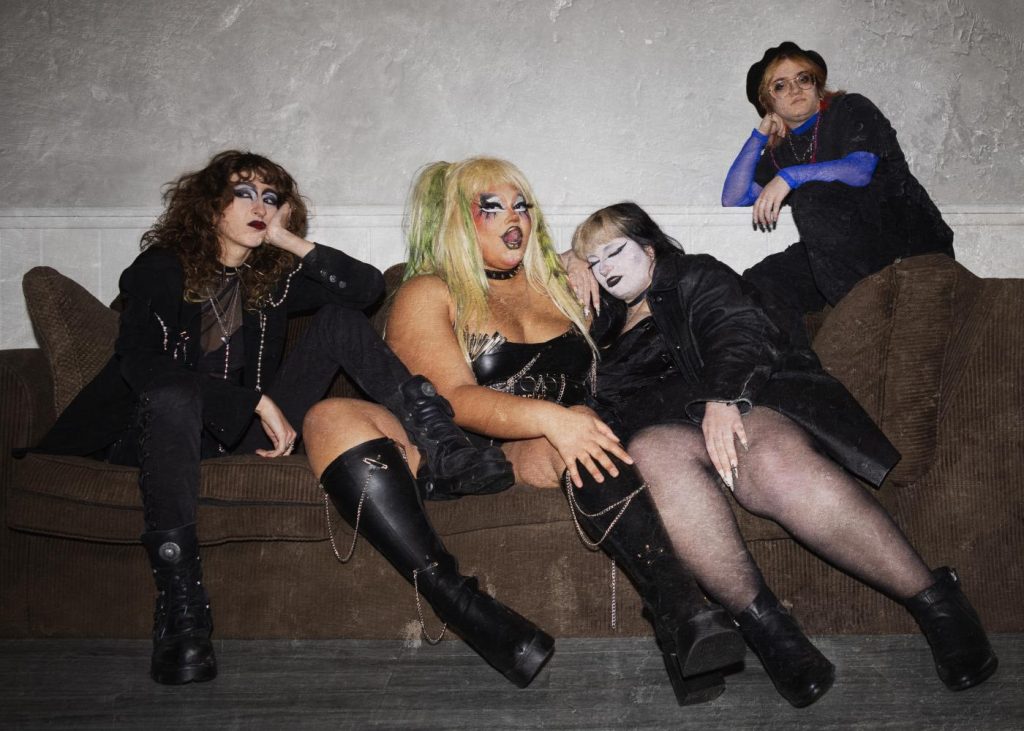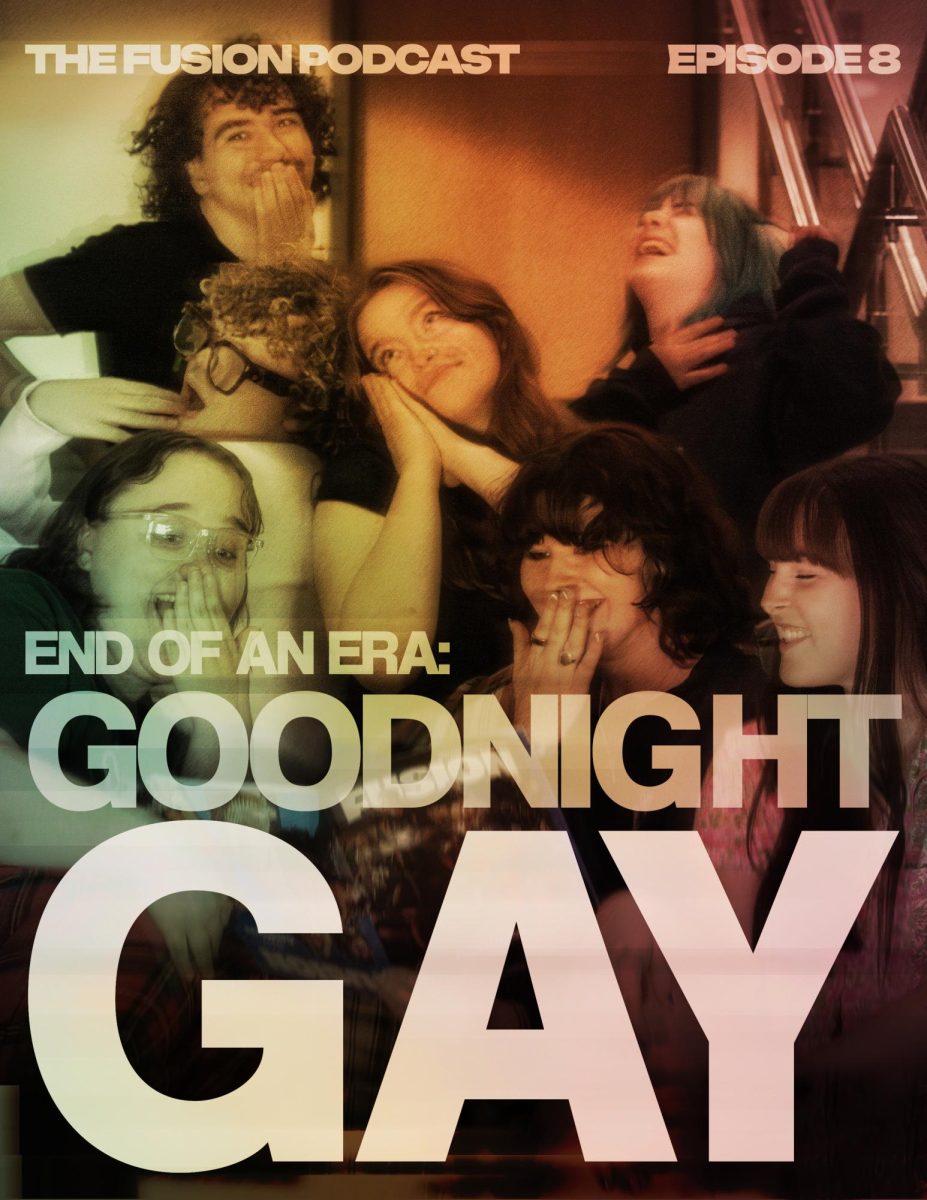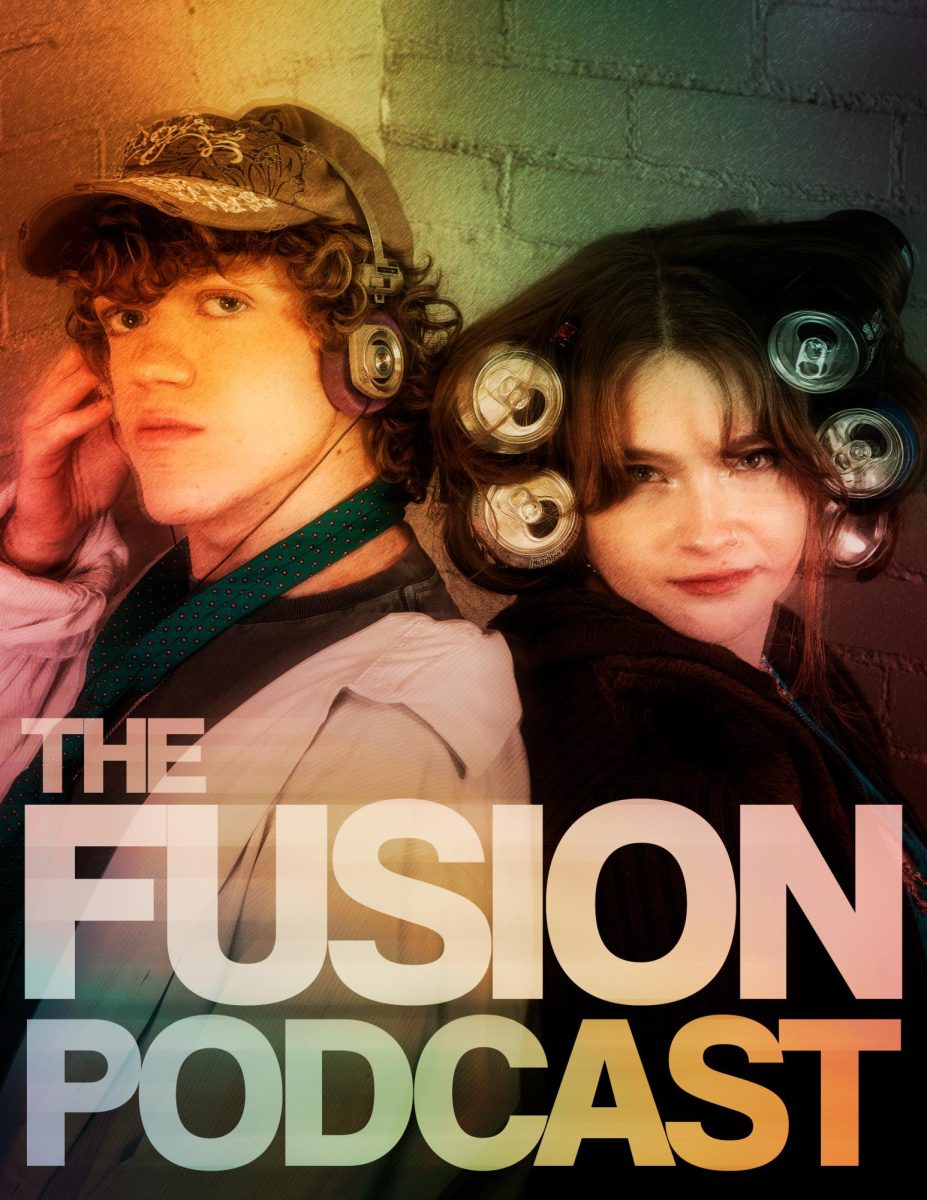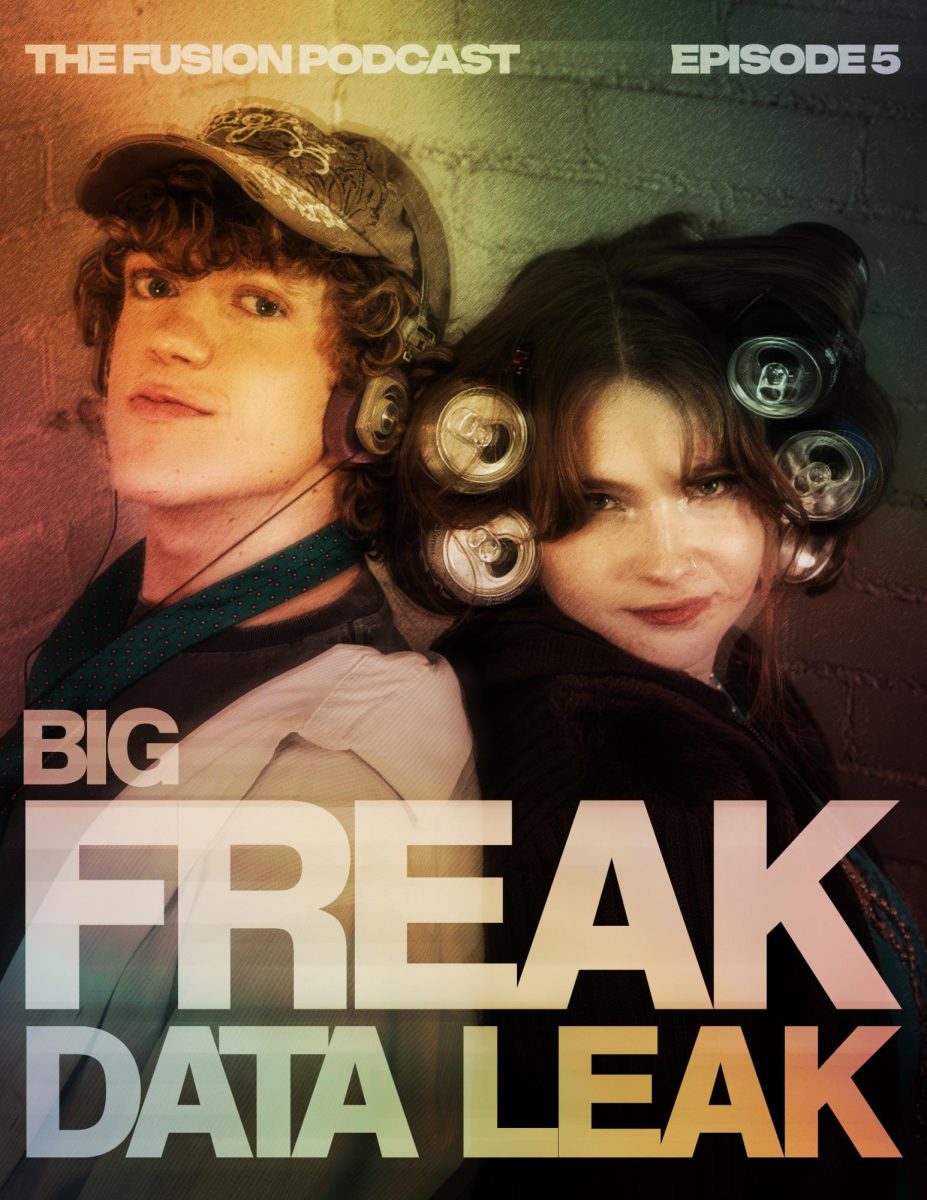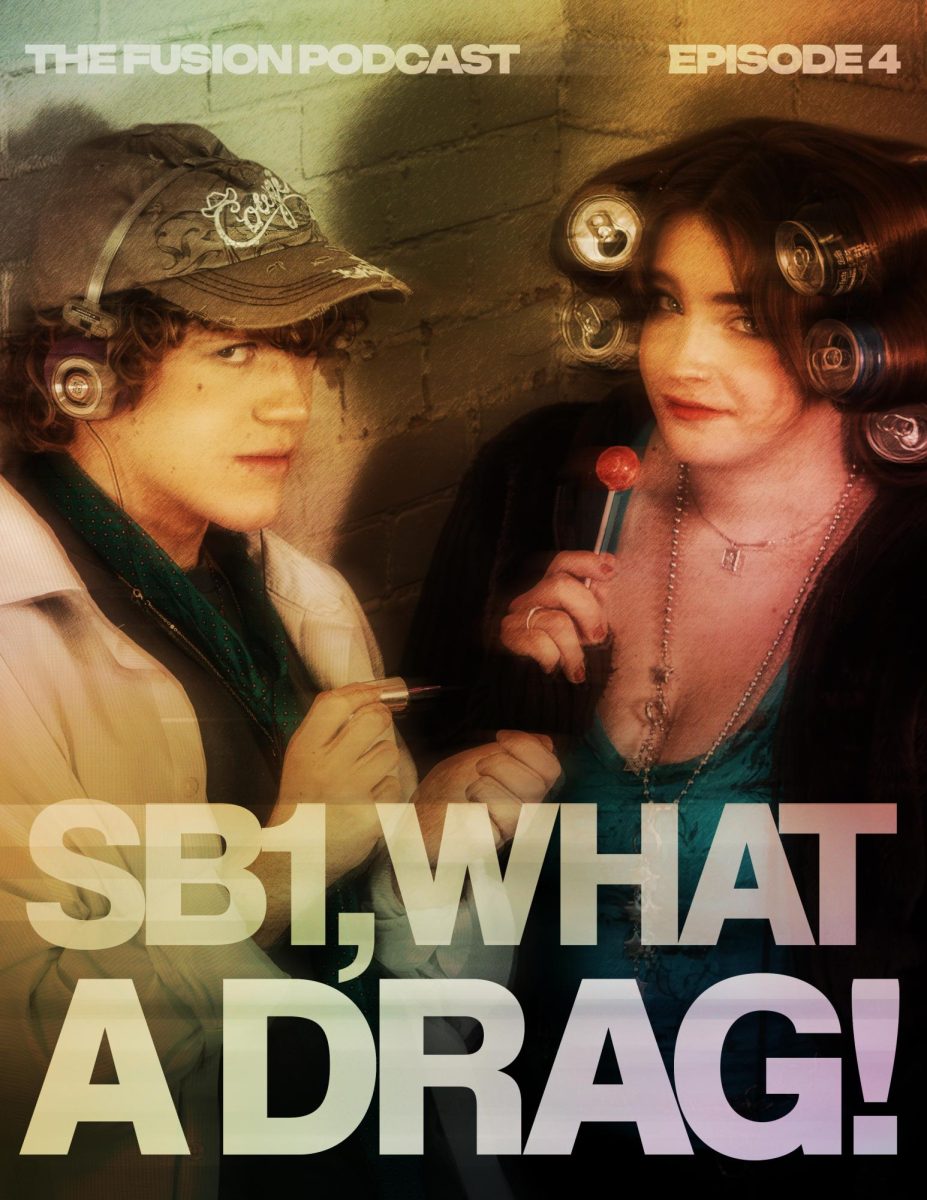By Kristine Gill
Fusion staff writer
“We have a gay fraternity?”
That’s what sophomore exploratory major Jason Troyer thought when he first heard of Delta Lambda Phi. He rushed DLP during spring of his freshman year, but he was surprised the fraternity existed.
“The second I met all the brothers, I was like, ‘Yep, this is where I need to be,’” he says. “The first day I was initiated into the fraternity, they gave me my letters that day. I went to sleep when I went home and woke up and put my letters on, and it was such a great feeling to wear those.”
Delta Lambda Phi is a fraternity for gay, bisexual and progressive men. Founded in 1986 by two gay men, it’s now represented by 22 chapters across the nation. Kent State’s chapter, Alpha Psi, was founded in 2000.
Troyer says he thinks DLP is already making a difference at the university.
“All across the U.S., there are people that need to be accepted,” he says. “We’re really, really growing. I really think that as you see these organizations pop up that it’s going to spark an interest and get people thinking.”
It wasn’t always that way.
Alumnus Bryan Guffey says it all started on one “fateful” day in 1999 when a few men on campus who had read about DLP got in touch with the national organization to begin the process of becoming a chapter. On February 20, 2000, the interest group had its first induction.
Then at the end of April 2001, after 14 months of rushing and pledging, Alpha Psi became a chapter at Kent State, but having chapter status according to national regulations wasn’t enough. DLP wasn’t yet officially recognized on campus, and it would take three attempts to petition to the Interfraternity Council for membership. The IFC voted against accepting DLP twice and, at the time, none of the voting members would offer an explanation as to why.
“Every university has their own different rules, and Kent State rules you have to be a member of one of the governing bodies,” DLP regional governor Eric Van Sant says. “The Greek affairs adviser was working with them to get a petition to join IFC.”
After its third attempt, Alpha Psi was recognized on campus as a fraternity chapter in 2002, about a year after gaining chapter status with the national organization. “The chapter has been very successful in integrating with the (inter-fraternity) council since then,” Van Sant says. “We’re just another choice within in the Greek community if you’re looking to go Greek.”
‘That fraternity’
Current Alpha Psi president Sam Windler says his fraternity has dealt with a lot of discrimination in the past but not during his time in charge.
“Historically, it has been a very hard road,” he says. Guffey says other fraternities have gone from actively opposing DLP to ignoring them but have since moved toward becoming partners in the Greek community.
Simon Foxall, a Kent State alumnus who graduated in 2005, says DLP was the best part of college for him. Foxall is a progressive brother — he’s straight, but he accepts his brothers regardless of their sexual orientation. One of the goals DLP promotes is gaining acceptance among other fraternities, meaning they don’t want to be known as “the gay frat,” but rather as just another fraternity.
“DLP helps just by existing,” Foxall says. “We are not a safe-haven for the gay community. Delta Lambda Phi is a group for all.”
He says changing perceptions on campus isn’t the main goal of the group. Socially active groups such as PRIDE!Kent take on more active community roles in that sense. Foxall says DLP isn’t out to change the world, but it still has visions for its members and its image. “It’s the goal for people to not go, ‘OK, that’s the gay fraternity,’” Foxall says. And Van Sant agrees. He had a feeling from the start that all it would take was time.
“One of the things that I always said when we were colonizing and shortly after we got recognition, was that in five years, the chapter in Kent would no longer be any flash point or issue of contention in regards to being the gay fraternity on campus because in five years everyone would just know it was on campus,” Van Sant says.
The advantages of youth
DLP is still building its legacy. While members of other fraternities have decades of history to fall back on, the national organization is just 23 years old, and Kent State’s chapter has only been around for eight. “We’re an extremely young fraternity,” Van Sant says, recalling an IFC meeting during which one group, founded in 1909, claimed to be the youngest.
But age does have its advantages. While an entire century of change and progress stands between brothers of older Greek organizations and those men who came before them, Guffey says Lambdas are closer to their roots and believe they’re more in touch with the ideas set forth by their founding fathers.
“We don’t tend to conform to the stereotype of what people think a fraternity is,” Guffey says. “A lot of that has to do with that we don’t have a house. We’re close enough to the original founding our fraternity was built upon to not have been lost.”
But Alpha Psi does face challenges with retention and recruitment of members.
“So you know Apple? Their slogan is, ‘Think different.’ That’s Delta Lambda Phi,” Guffey says, adding it’s been difficult to market a sometimes abstract concept to men who are rushing.
“Delta Lambda Phi is not a specifically gay fraternity,” Windler says. “We include anybody — any male who is capable of rushing. You don’t have to be gay, and you don’t have to be bi.”
But “you just can’t really be a homophobe,” Guffey adds. “We were founded by gay men for all men for the purpose of creating safe spaces for all people.
“If you put 40 of our brothers in a room, you would have not only members from all different walks of life, but members of the gay community that you would never think would hang out with each other,” Guffey says. “Cliques, stereotypes, all of those are broken down. Where else are you going to see a leather daddy and a queen hanging out with some jock, who’s straight and has a girlfriend? They’re all sitting around and having a good time. That’s our fraternity. Our fraternity has tended to be a fraternity for people who refuse to try and be like somebody else.”



